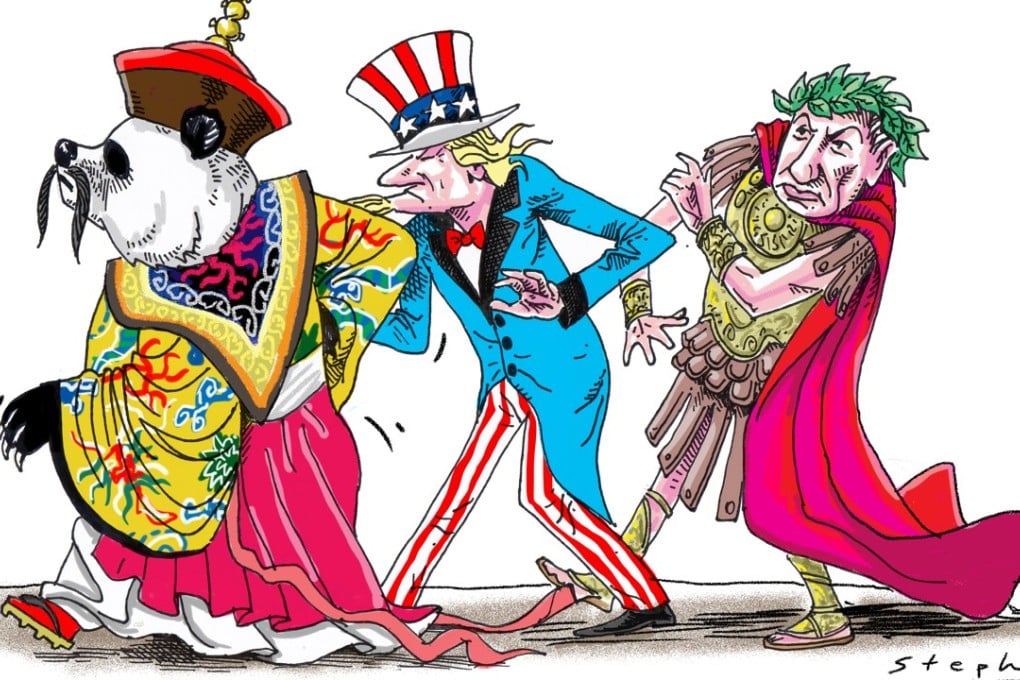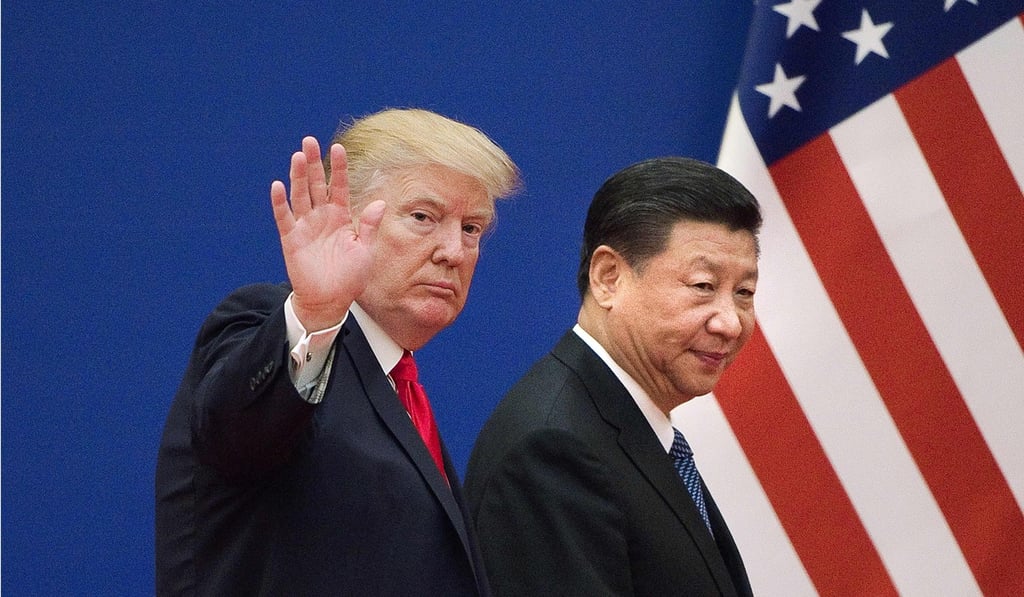China is replacing the US in a new global order, whether the world likes it or not
Ho Kwon Ping says a new global order, with China as the dominant player in Asia, is coming into force. To every Chinese person with a keen sense of history, Pax Sinica is a legitimate reversion to the golden Han and Tang eras

So – how shall we assess the past year? First the good news: the global economy remains robust, with the US stock market surpassing its historical peak. The not-so-good news is that other capital markets are tanking, and a decade-long period of low interest rates is ending.
The bad news is that the gathering storm clouds of a spreading trade war, an increasing Chinese assertiveness, and the rapidly declining prestige of the US globally, are darkening the geopolitical sky.
But today we can perhaps discern two distinct trends. One is the accelerating but hopefully not-yet-terminal decline of democratic liberalism as the dominant ideology of the post-war global order.
The second is the transition, at least in the Asian region, from Pax Americana to Pax Sinica. And the interaction of these two trends, like tectonic plates grinding inexorably against each other, will determine whether there will be peaceful or cataclysmic geopolitical change for the rest of this century.

Liberal democracy and its major outcome, the globalisation of the movement of both capital and labour, are facing their most serious existential threat since the end of the cold war half a century ago.
The angry dissonance which spewed out from the excesses of financial capitalism and the inequalities of globalisation has not faded. Indeed, it has found stronger organisational vigour with far-right, populist movements and governments in Austria, Italy, Hungary – the list goes on.